New publication shows geological supply of bismuth is greater than previously understood
A new publication highlights the wide-ranging geological availability of bismuth, a critical raw material that has historically been overlooked in academic research.
17/05/2022 By BGS Press
According to the publication Bismuth: economic geology and value chains, by BGS and Camborne School of Mines, bismuth (Bi) has the potential to support the global energy transition through its use in technologies that harness solar power to generate hydrogen fuel.
Bismuth has a variety of other uses, including fire extinguishers, automatic sprinkler systems and in defence applications, where it can act as a non-toxic substitute for lead in alloys. In addition, increase in its use in pharmaceutical applications means that global demand for Bi is forecast to grow at 4–5 per cent annually.
The classification of Bi as a critical raw material by the European Commission in 2017 and the USA in 2018 has added to a re-awakened interest in its production and security of supply. Despite its ‘critical’ status and in common with other minor metals that are essential to our economy, Bi supply is relatively poorly understood.
Although Bi occurs in wide range of geological deposits, global production is currently concentrated at the Núi Pháo mine in Vietnam, where Bi is a primary commodity. Beyond Vietnam, production is confined to China, where Bi is produced as a by-product from refining lead ores.
Whilst we may only produce bismuth in a handful of countries, our research shows that it is geologically available in many more countries than currently produce it.
This mitigates any concerns we should have around the geological availability of bismuth, which in fact is far greater than previously understood.
Instead, the perceived criticality of bismuth is due to its market concentration and the growing recognition that it has many valuable end uses.
The bismuth supply chain has many bottlenecks, which are largely down to the concentration of production to a few countries and, to an extent, the industrial inertia that has led to bismuth being regarded as a relatively invaluable by-product. Many of the end products are dissipative, making recovery and recycling difficult.
Eimear Deady, BGS Minerals Geoscientist and independent study lead.
The study recommends that a change in approach within the mining industry would result in more research and development of models for mineralisation and an overall increased understanding of geological systems. This is important not only for Bi but also for many other minor and by-product critical metals.
To meet the challenges of the future, exploration and resource reporting have an important role to play in informing the entire supply chain.
A holistic approach by the mining industry can help to improve the knowledge base for bismuth through interventions at the exploration, resource and reserve reporting and mineral process planning stages. This could potentially alleviate global concerns over supply chain disruption.
Eimear Deady, BGS Minerals Geoscientist.
The publication, by BGS and Camborne School of Mines, which is part of the University of Exeter, provides an important overview of the economic geology of Bi, focusing on the geochemical processes that control its mineralisation and the types of mineral deposits that contain significant Bi. It also discusses the economics of the Bi market, including production, resources and reserves, demand, uses, recycling, substitution, together with an outlook for Bi.
- Full publication (open access)
Relative topics
Related news
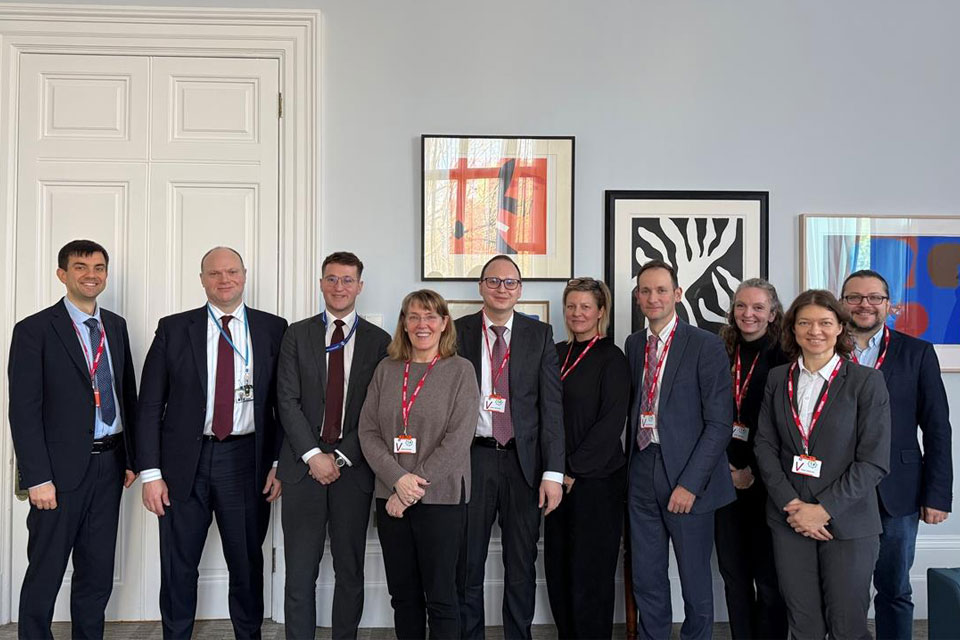
BGS agrees to establish collaboration framework with Ukrainian government
11/12/2025
The partnership will focus on joint research and data exchange opportunities with Ukrainian colleagues.
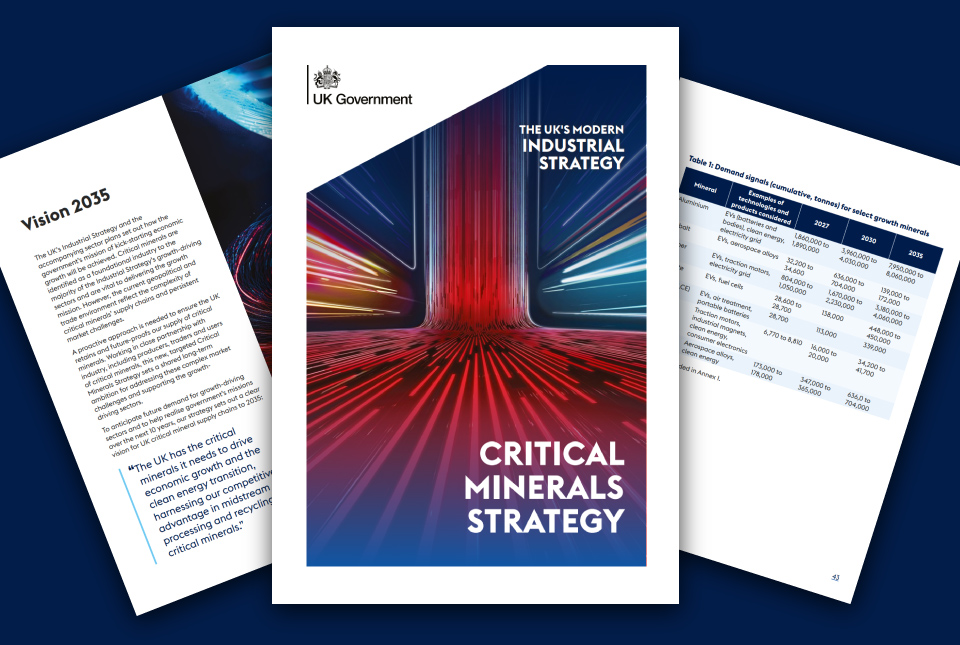
BGS welcomes publication of the UK Critical Minerals Strategy
23/11/2025
A clear strategic vision for the UK is crucial to secure the country’s long-term critical mineral supply chains and drive forward the Government’s economic growth agenda.
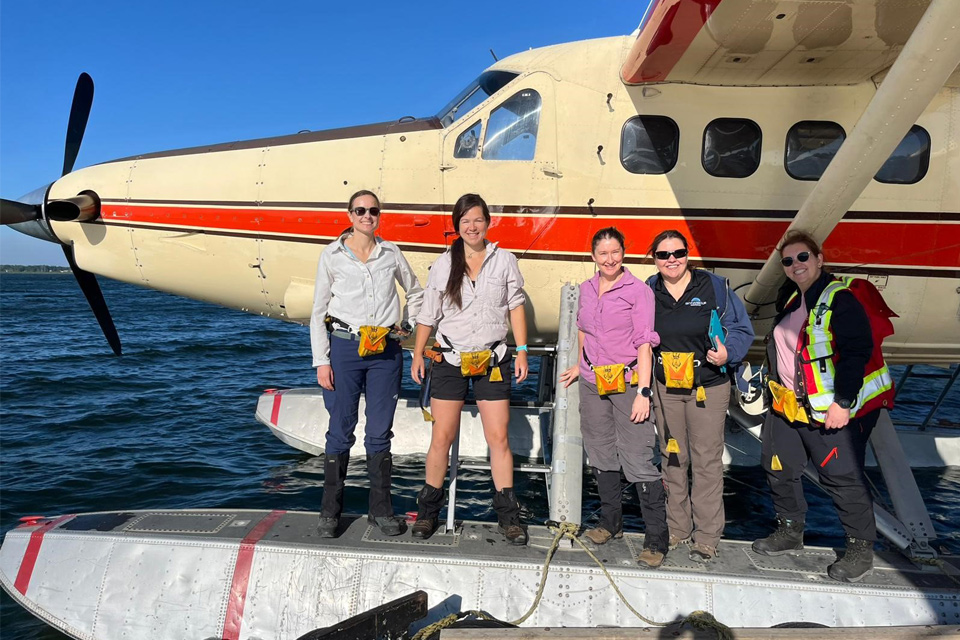
Funding awarded to UK/Canadian critical mineral research projects
08/07/2025
BGS is part of a groundbreaking science partnership aiming to improve critical minerals mining and supply chains.

New interactive map viewer reveals growing capacity and rare earth element content of UK wind farms
16/05/2025
BGS’s new tool highlights the development of wind energy installations over time, along with their magnet and rare earth content.
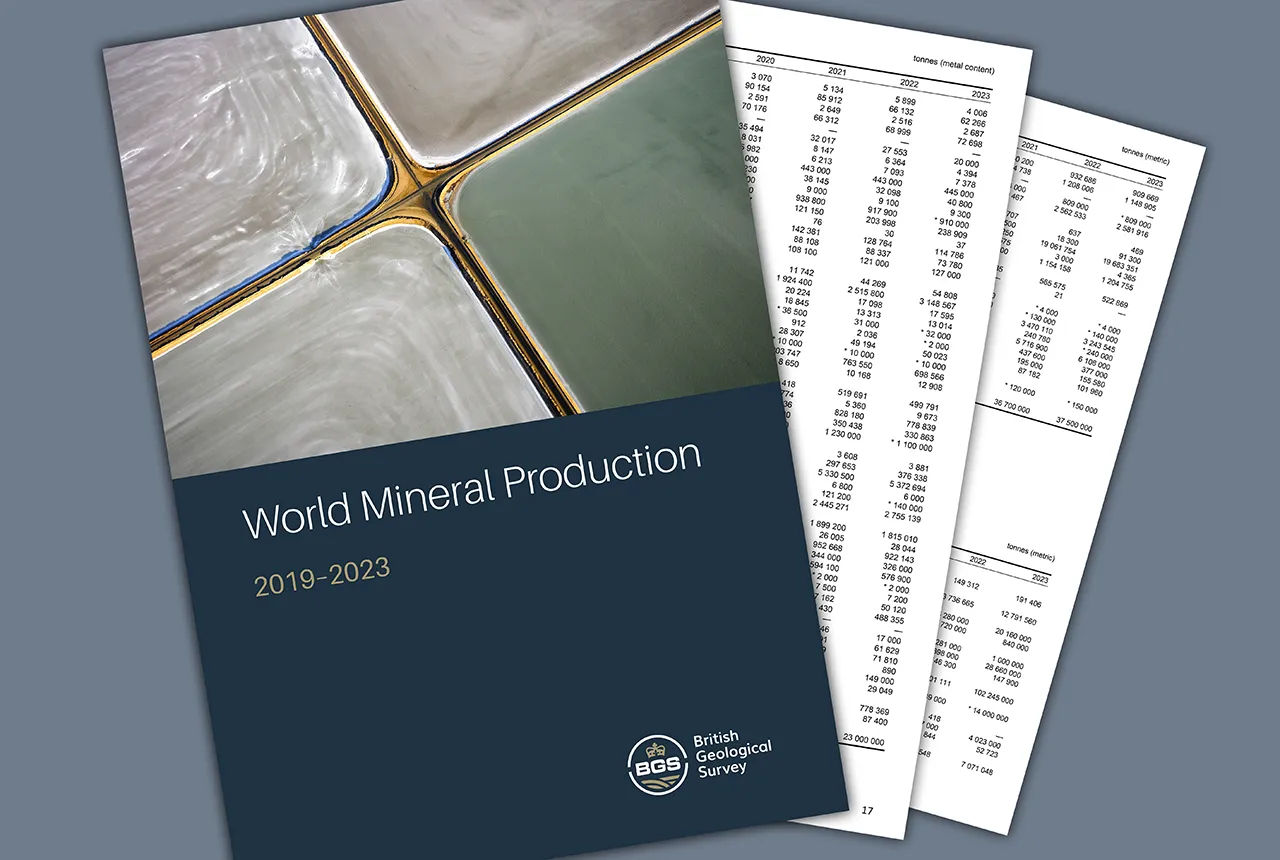
Latest mineral production statistics for 2019 to 2023 released
28/04/2025
More than 70 mineral commodities have been captured in the newly published volume of World Mineral Production.
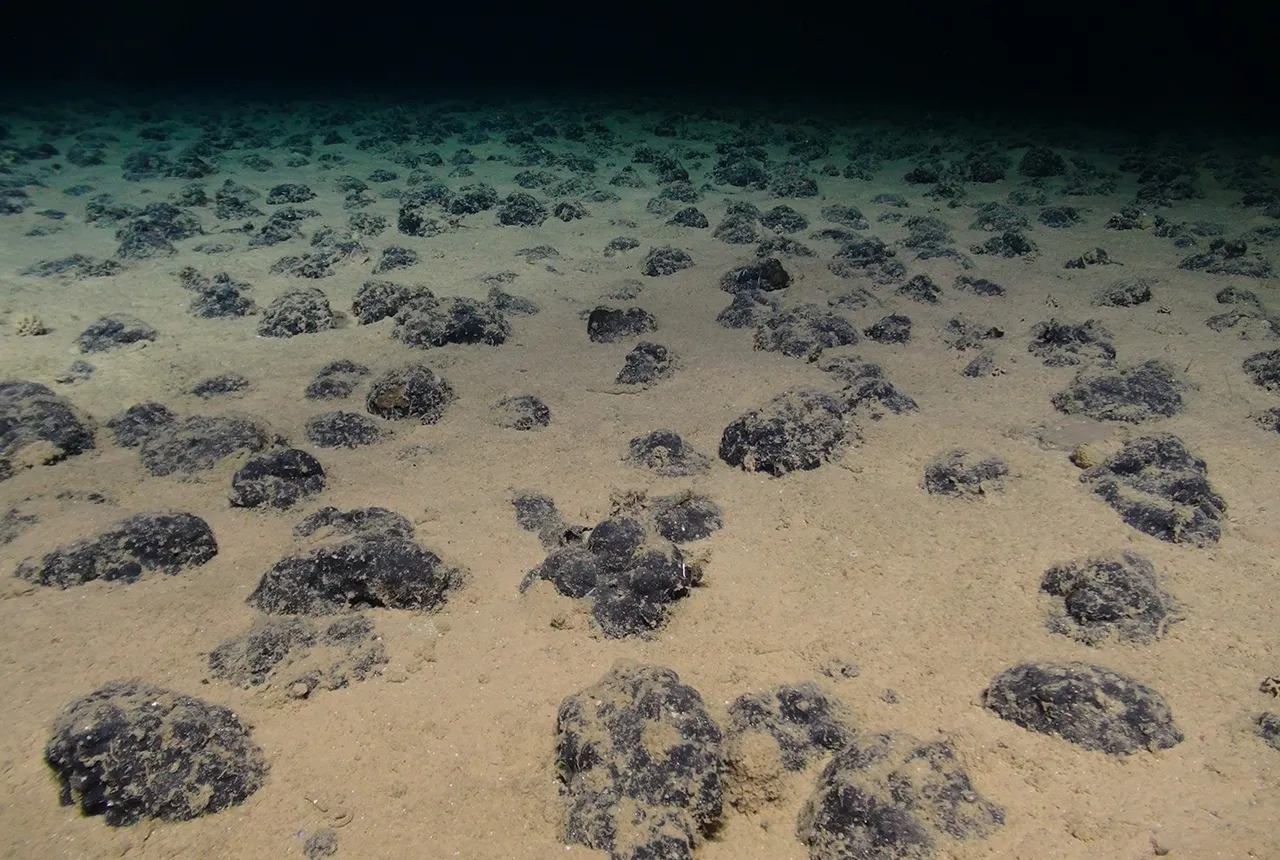
New study reveals long-term effects of deep-sea mining and first signs of biological recovery
27/03/2025
BGS geologists were involved in new study revealing the long-term effects of seabed mining tracks, 44 years after deep-sea trials in the Pacific Ocean.
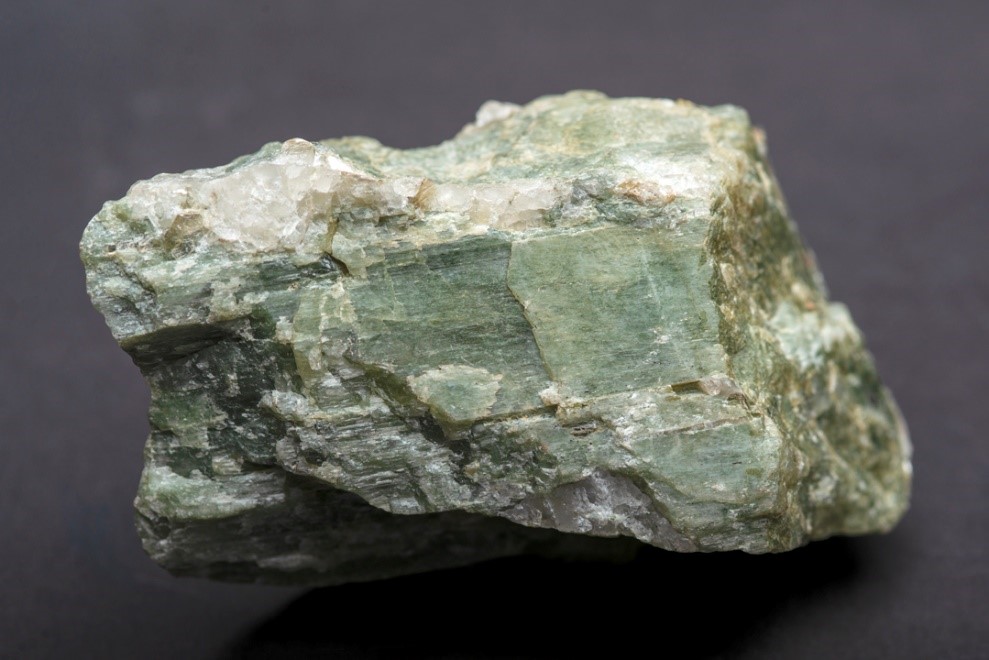
Future projections for mineral demand highlight vulnerabilities in UK supply chain
13/03/2025
New Government-commissioned studies reveal that the UK may require as much as 40 per cent of the global lithium supply to meet anticipated demand by 2030.

Dr Kathryn Goodenough honoured with prestigious award from The Geological Society
27/02/2025
Dr Kathryn Goodenough has been awarded the Coke Medal, which recognises those who have made a significant contribution to science.

The challenge of assessing the UK economy’s dependence on mineral supply
28/11/2024
Critical, essential, or just plain important? Dr Gavin Mudd, director of the Critical Minerals Intelligence Centre, discusses the findings and new methodology featured in the 2024 UK Criticality Assessment.

UK 2024 Criticality Assessment published
28/11/2024
The latest UK Criticality Assessment, produced by the UK Critical Minerals Intelligence Centre, shows that growing diversification brings an increasing vulnerability in terms of disruption to supply.
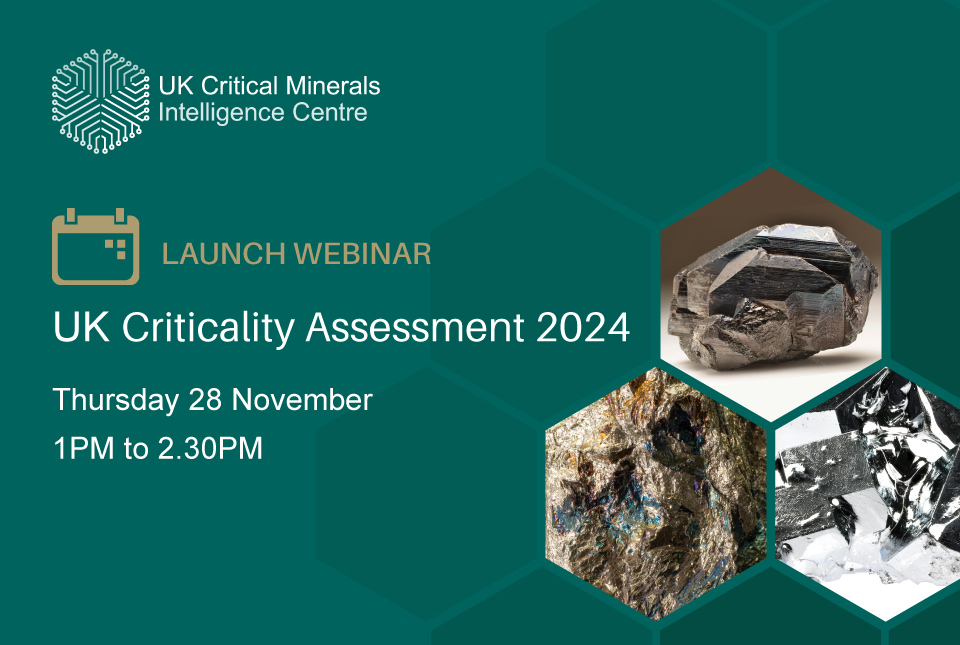
Criticality Assessment 2024 launch webinar
Event on 28/11/2024
A special live webinar with the team from the Critical Minerals Intelligence Centre to accompany the launch the latest UK Criticality Assessment. A recording is now available to watch online

Mining sand sustainably in The Gambia
17/09/2024
BGS geologists Tom Bide and Clive Mitchell travelled to The Gambia as part of our ongoing work aiming to reduce the impact of sand mining.



